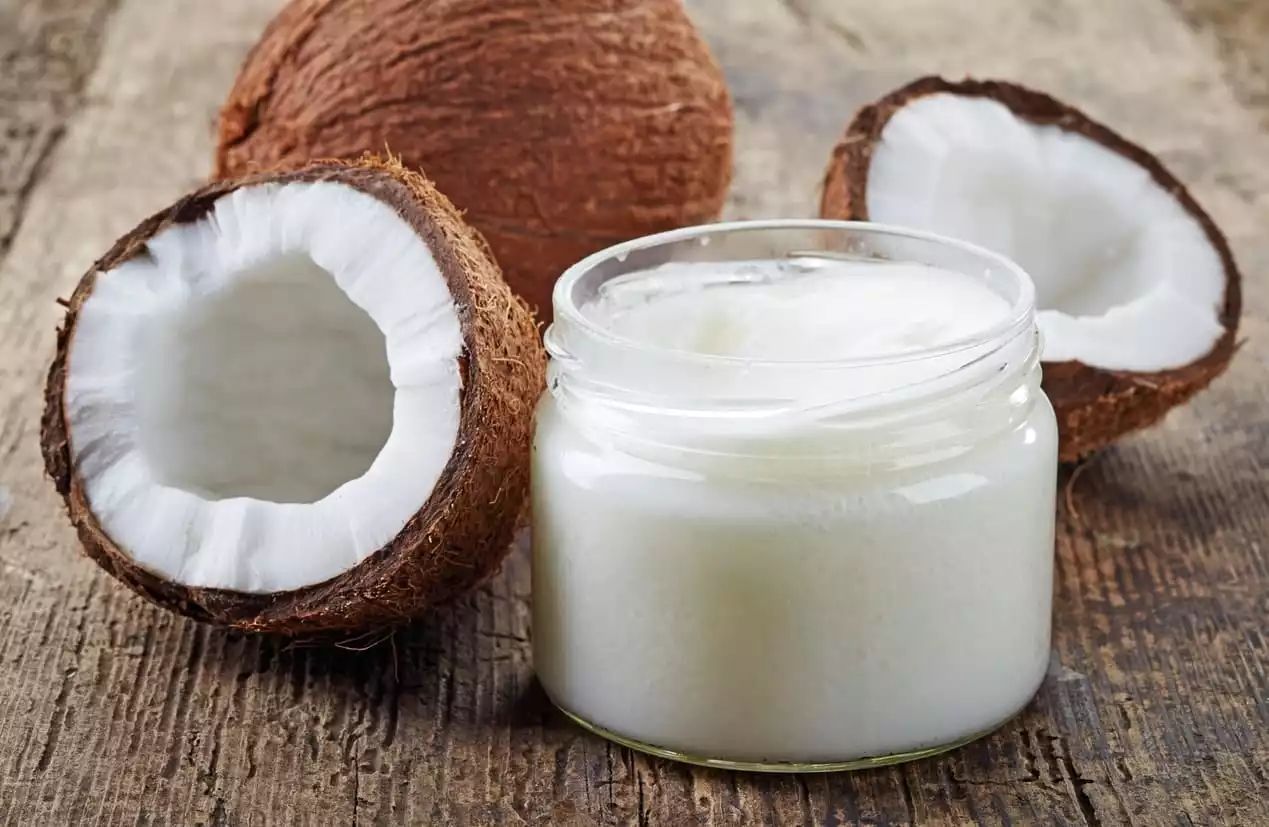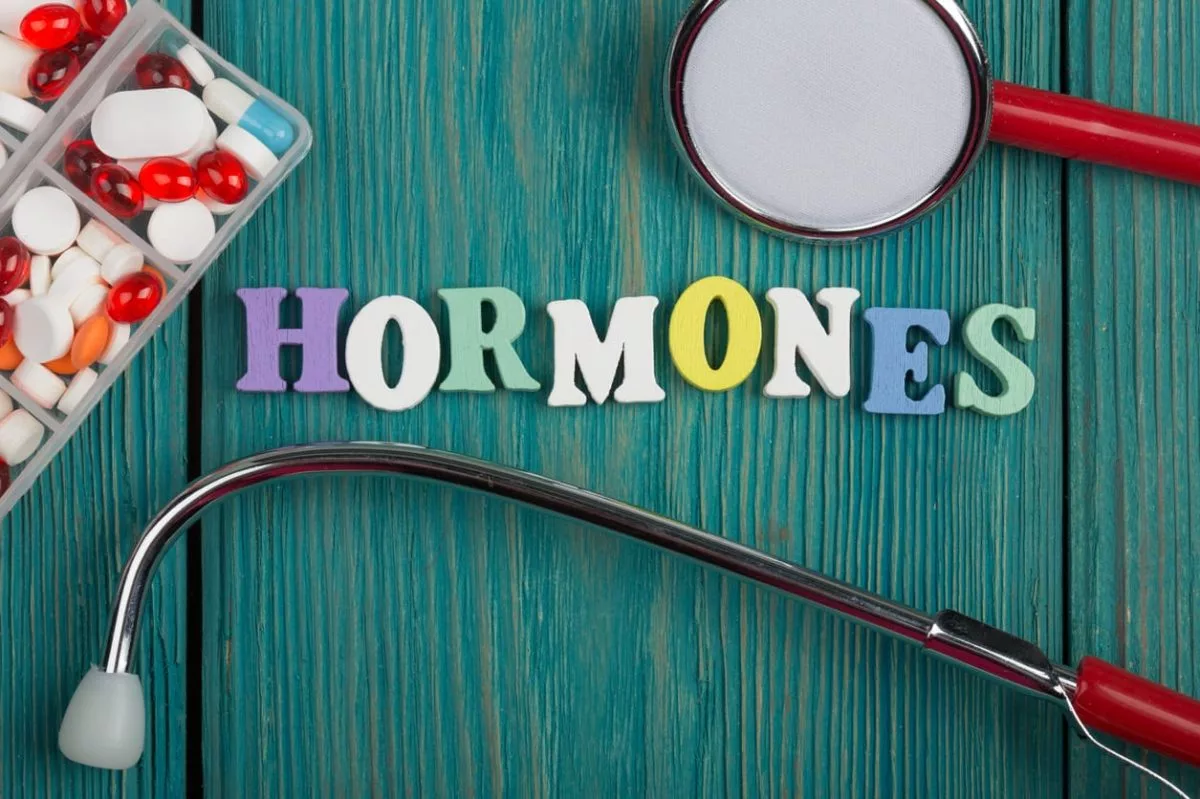
Hormones influence and impact every systemic function in the body. When they’re properly balanced, you feel positive, energetic, well, and motivated; when they aren’t, you may feel sluggish, unwell, too warm, too cold, weak, dizzy, or even extremely sick. In rare cases, imbalances may even cause dangerous or deadly health conditions like thyroid storm that may endanger your life. Luckily, there are different types of remedies for hormonal imbalance.
Because patients experience symptoms with even the slightest hormone change, and because the risk of a more serious condition is so high, doctors like to treat hormone problems early and effectively.
This list of 12 remedies for hormonal imbalance contains a mixture of natural, synthetic, and compounded solutions to help you understand the many options you have for correcting issues like menopause, thyroid conditions, and more.
Types of Remedies for Hormonal Imbalance
There are many different reasons for hormonal imbalance that one may face during their life. Some of these causes of hormonal imbalance includes: diabetes, thyroid disorders, medications, stress, injury, cancer treatments, cushing syndrome and more.
Depending on why you are experiencing these imbalances, you’ll want to consider different types of remedies for hormonal imbalance. You may want to consider:
- Natural remedies
- Omega 3 fatty acids
- Black cohosh
- Maca Root
- Chaste tree berry
- Fenugreek
- Coconut oil
- Vitamin D
- Synthetic remedies
- Flibanserin
- Oral/Topical estrogen
- Testosterone blockers
- Compounded remedies
- Compounded Hormones
- Bioidentical Hormones
- At-home remedies
In this post, we’ll discuss all forms of remedies for hormonal imbalance in detail below.
1. Omega 3 Fatty Acids
Omega-3s are exceptionally important for people with hormone deficiencies. They prime cell membranes and improve cell health to make it easier for your body to uptake the hormones it creates.
Without getting enough omega-3s, your body may produce enough hormone, yet be unable to effectively utilize them in the right way.
You can add omega-3s via supplementation, but it’s far more effective to increase your intake through diet.
Foods like oily fish (salmon, mackerel and trout), eggs, sardines, chia seeds, and cod liver oil are all high in this essential fatty acid.
2. Black Cohosh
Black cohosh, a herb sourced from the tree with the same name, contains phytoestrogens.
This is one of the most common remedies for hormonal imbalance if you suffer from menopause.
It can sometimes help women with mild to moderate symptoms of menopause feel more energetic, have fewer hot flashes, and even regulate hormone production.
Black Cohosh also contains glycosides and isoferulic acids, both of which improve your body’s ability to create estrogen without help.
3. Maca Root
Maca root, which is sourced from the Lepidium meyenii plant, is an herbal supplement that contains phytoestrogens and other phytochemicals that may help some patients relieve mild hormone symptoms.
Often referred to as Peruvian ginseng, it has been used in medicine in the Andes for thousands of years.
Some naturopaths also prescribe it for low sexual desire in women taking SSRIs.
4. Chaste Tree Berry
Chaste tree berry, another herbal supplement, is theorized to remedy hormonal imbalance for the same reason as maca root: it contains phytohormones.
These chemicals impact levels of specific hormones, such as estrogen or progesterone, in the blood.
It also has a mild effect on dopamine, which may help some patients improve mood, have more energy, and sleep better at night.
5. Fenugreek
You may have heard fenugreek, a common kitchen herb ingredient that tastes like licorice, recommended for nursing women.
Research is in the early stages, but studies have shown that taking fenugreek supplements may help to boost milk production while also reducing high blood sugar.
The same studies revealed that this important herb acts like estrogen in the body, meaning it shouldn’t be used by pregnant women, but that it may help with symptoms of menopause, too.
6. Coconut Oil
Coconut oil, one of the biggest health crazes and remedies for hormonal imbalance in recent years, makes an excellent substitute for less healthy oils (such as canola).
It contains healthy medium-chain fatty acids that act on cells in much the same way as omega-3s.
In the treatment of hormonal imbalance, they may improve mild symptoms, but they’re especially helpful because patients can use them alongside regular hormone treatment.
The catch: coconut oil, and all medium-chain fatty acids, are still a form of fat. You should eat or use these products in moderation.
7. Vitamin D
Living in the northern hemisphere, closer to the border of Canada than Mexico?
Limited sunlight in at least 50 percent of the year can result in Vitamin D deficiencies, especially if you aren’t supplementing vitamins regularly in the winter.
Patients who are deficient in D often experience idiopathic low estrogen, which can result in symptoms like irregular periods, hot flashes and night sweats, as well as low sex drive.
The good news here is that correcting D deficiencies is fairly easy. Ask your pharmacist to recommend a good supplement, and take it year-round for best results.
If you aren’t lactose intolerant, switch to D-supplemented milk, and try to eat more eggs. Both contain enough to qualify for supplementation.
8. Compounded Hormones
Have a thyroid condition, but aren’t responding well to Synthroid or Armour Thyroid?
Some patients just don’t respond to synthetics well.
Researchers aren’t entirely sure why this happens, but it may be because the body fails to recognize synthetic molecules as being the same as the body’s own hormones.
Compounded bioidentical hormones, on the other hand, are an “exact molecular match” to your own naturally-created hormones.
Patients who fail to respond to synthetics may respond better to bioidenticals, but that isn’t the only benefit.
Compounded drugs are also far easier to adjust in dose in minute amounts, letting your pharmacist tweak your prescription by only micrograms at a time.
9. Synthetic Hormones
If you have a thyroid hormone condition, such as hypothyroid, prescription medications Synthroid and Armour Thyroid may help.
Synthroid (Levothyroxine) acts like your body’s own natural thyroid hormones, boosting T4 levels in the blood.
Armour Thyroid, a naturally dessicated hormone sourced from porcine products, supplements both T4 and T3, a precursor to T4.
Some patients feel fine on Synthroid alone, while others see relief only with the addition of T3 in Armour Thyroid.
Both are excellent treatments for serious hormone deficiencies.
10. Flibanserin
Flibanserin, one of the most common remedies for hormonal imbalance treats low estrogen and menopause.
Like the others, it changes hormone levels in the body, but this prescription drug is specifically targeted to women who suffer from Hyposexual Desire Disorder (HSDD), also known as low sex drive.
Sold under the brand name Addyi®, Flibanserin is the first and only FDA approved drug for this common side effect of aging.
11. Oral/Topical Estrogen
If you’re suffering from low estrogen levels, especially in menopause, sometimes the best approach is to simply replace that estrogen.
This is one of the most common remedies for hormone imbalance as the new estrogen simply replaces the imbalance in your own estrogen.
Synthetic and natural estrogens in pill or topical form gently bring levels back to normal, helping you feel feminine and youthful again.
Estrogen treatments are targeted at reducing symptoms with the lowest possible dose to reduce side effects.
12. Testosterone Blockers
Both women and men can struggle with testosterone overload.
However, because excessive estrogen can increase testosterone production in the body, it is often women, not men, who suffer from this difficult condition.
Too much testosterone can cause mood lability (especially anger or aggression), depression, and the development of male-classic body features, such as facial hair.
Testosterone blockers, such as Cyproterone or spironolactone, address this concern by stopping the body from producing so much testosterone.
Treatment reduces levels, but shouldn’t produce deficiencies; some testosterone is needed
Conclusion
These remedies for hormonal imbalance can help to reduce your symptoms and improve your quality of life.
Not every remedy will work for every person, so it’s important to speak to your pharmacist to learn which remedies for hormonal imbalance are right for you.

 info@burtsrx.com
info@burtsrx.com


